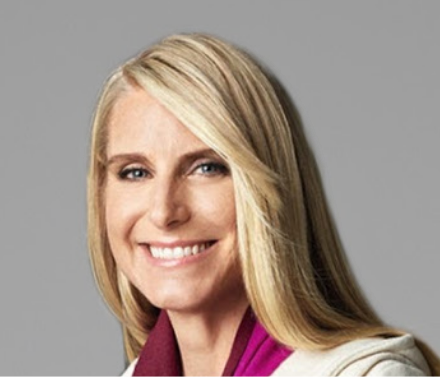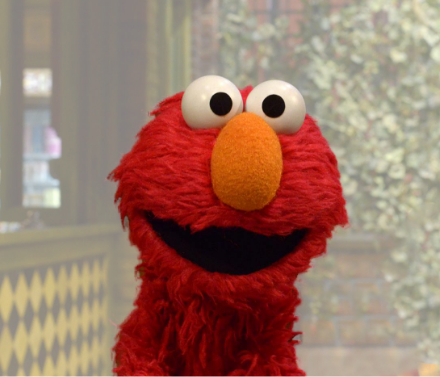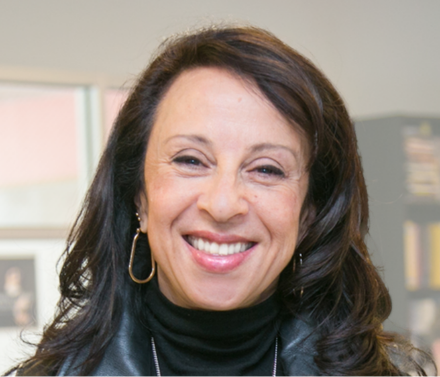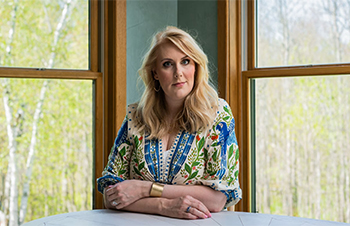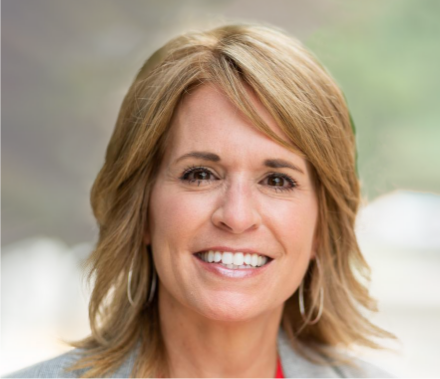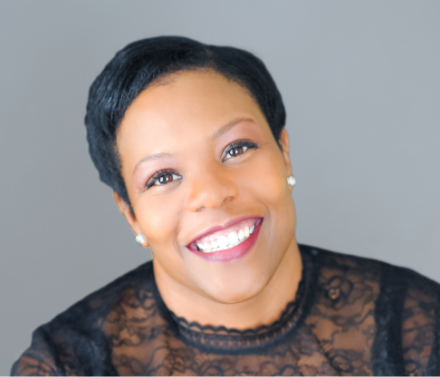You’re a former high school history teacher with an Instagram account @SharonSaysSo that has 639,000 followers. Who knew non-partisan civics lessons could be so viral?
“I won’t bore you with my life story, but the short version is that right before the 2020 election, I started seeing so much misinformation circulating on social media. The big catalyst—where I was like, something must be done—was on a friend’s Facebook page. Somebody said something that was just patently false, and I was like, that is not what the Constitution says at all. That was why I started making videos and using my Instagram platform to explain how the government works.”
How can educators help kids get better at spotting misinformation?
“As Gen Z likes to call it, you need to bring receipts. And what I mean by that is proof. I’m always looking for primary sources—the actual source of the data, who originated this, where did this come from? Like, what do I see on Snapchat? Where’s that person coming from, and how does that lens impact what they’re talking about or reporting? Critically analyzing your source materials is going to be even more important moving forward.”
We have to care about the students, absolutely, but we also must care about the teachers.”
Has this year changed the way you see the teaching profession?
“What a challenging year, and major hats off to all of the teachers who literally invented a new form of education with no runway. Talk about building the plane while you’re flying it, also, while everyone’s screaming at you that you’re doing it wrong. Sounds fun, right? We have to care about the students, absolutely, but we also must care about the teachers. We have to treat teachers like they’re important and not expendable, act like their job satisfaction matters to us, act like they are valued partners in this educational experience.”
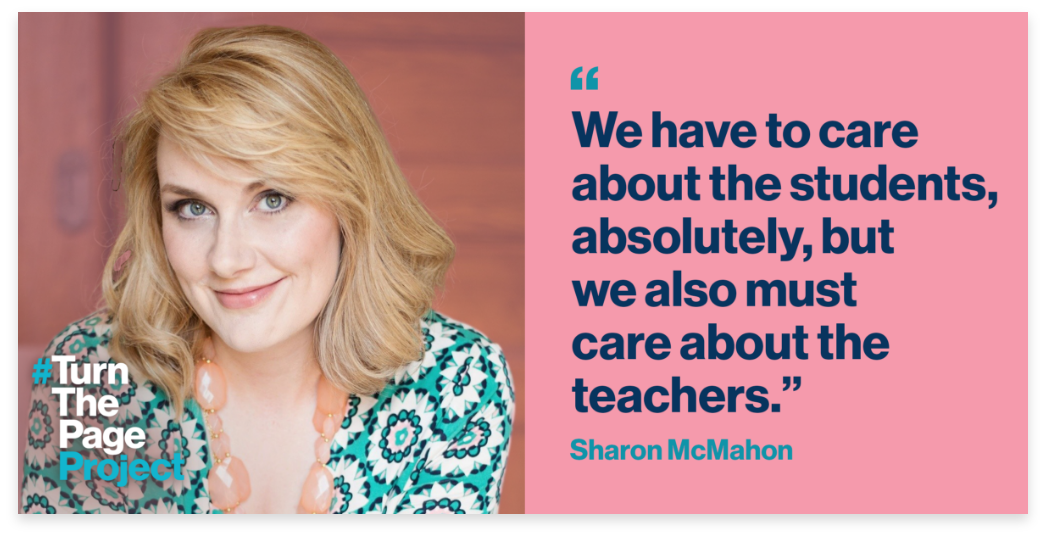
SHARE SHARON’s STORY!
What gives you hope for the future?
“One thing is understanding the scope of history. I love to look back at what other generations have lived through and thrived from as a result of living through that difficult thing. I even think about the colonists, who came to the United States. Like, I’m wearing a corset while I’m sailing across the ocean, leaving behind everything I know, and I’m going to land somewhere, I don’t know what it’s like, and then you get there and it’s extremely hot. None of this was a scenario where everybody was like, my Wi-Fi is slow, you know what I mean? A lot of the first world problems we have now pale in comparison. It is not as bad as it used to be. We are making progress. Even though things are challenging, it doesn’t mean that they can’t get better from here, because they always have. They’ve always gotten better.”

